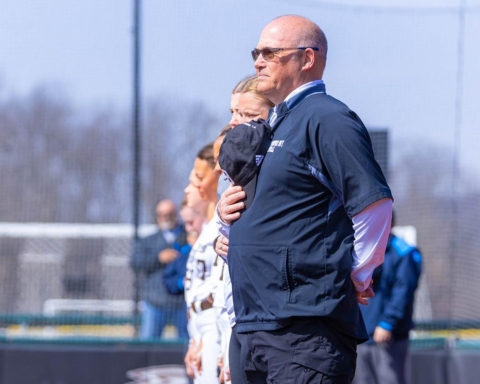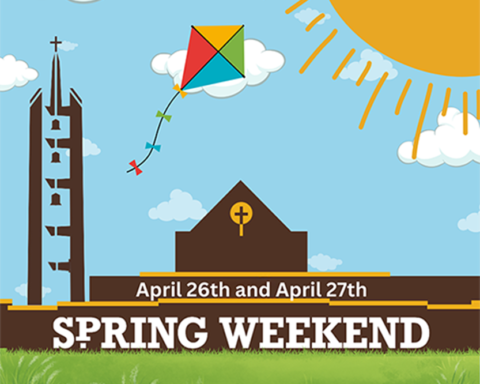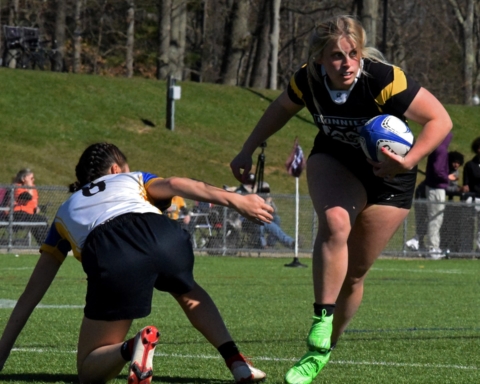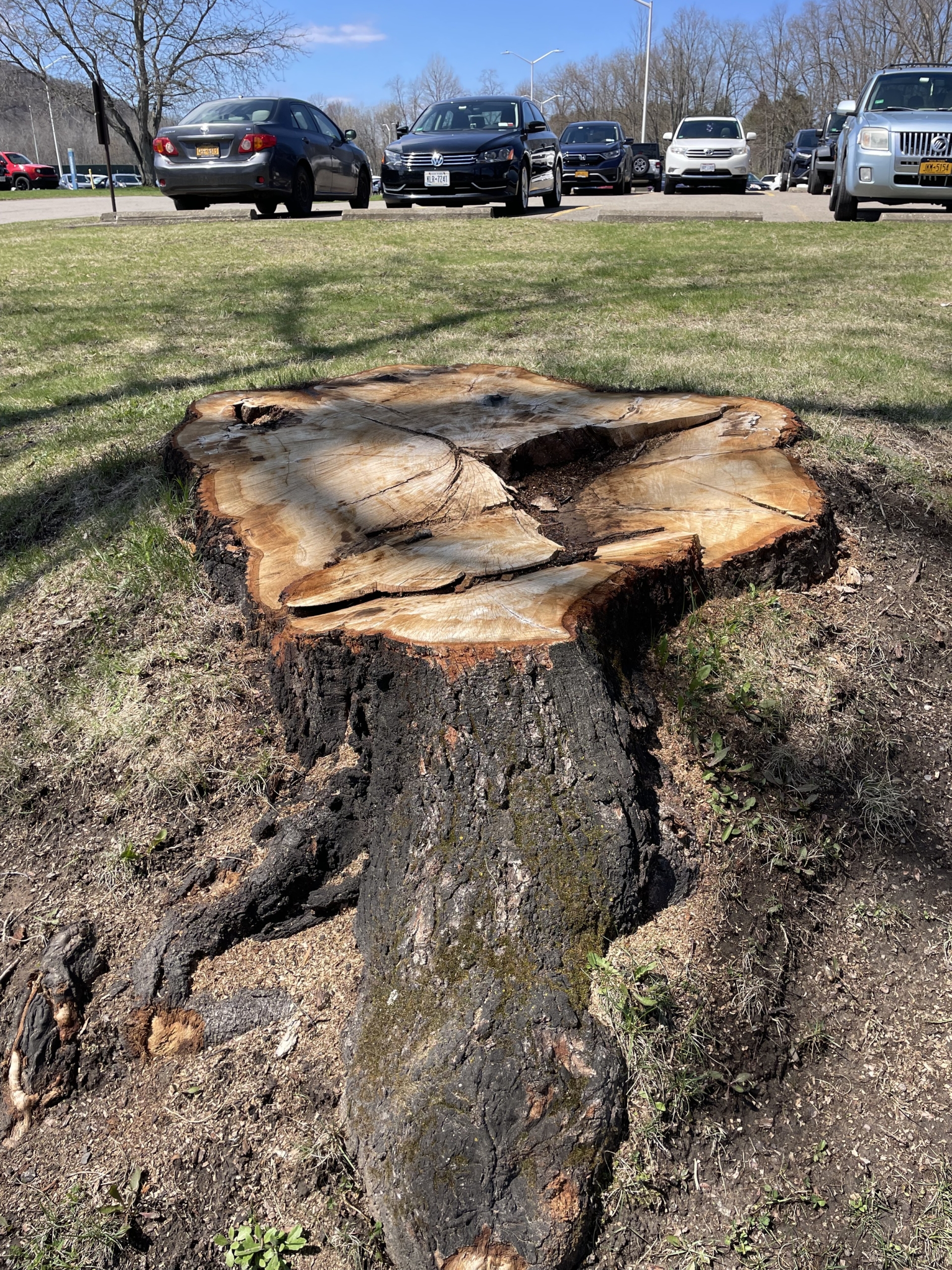By Stacia Salvatore
Staff Writer
On Wednesday, Feb. 13, St. Bonaventure University announced the Russell J. Jandoli School of Journalism and Mass Communication will offer a new Strategic Leadership master’s program. It’s the first online master’s program to be offered at SBU.
The Master of Arts degree in Strategic Leadership is an accelerated, one-year, 33-credit online master’s program.
The program is currently recruiting prospective students and encouraging them to apply this fall.
Kimberly Young, director of the new program, said that because the university is somewhat isolated, having an online program is an appropriate way for graduate students to receive education and leadership skills from afar.
“We started realizing that we (Bonaventure) have a lot of alumni and/or professionals that don’t live close to the university,” Young said. “We’re a bit remote. This is a way of being able to bring our brand out to the global marketplace, which is what a lot of colleges are doing.”
The online program is designed to educate students by increasing their leadership skills.
“There is a basic need for communication skills leaders,” Young said. “Our program has an emphasis on things like conflict resolution, crisis management and general organizational strategies.”
According to Pauline Hoffmann, dean of the Jandoli School, the goals of the program are to powerfully train the skills of future and current leaders.
“We want to educate future leaders, or current leaders, so they may communicate, more effectively, think strategically and interdisciplinarily and compete globally all while ground in Franciscan ethics,” Hoffmann said.
The university’s online task force has been meeting for the last year in order to formulate the program. Because the program is only available to students online, some may argue students will not receive interpersonal connection with their professors. Both Young and Hoffmann disagree.
“I think the misnomer is that people sometimes think it’s not as personal to talk (with professors) online. Everything in my research says it’s more personal,” Young, who has been studying internet behavior since the mid-90s, said. “If I’m teaching an online course I can really see what every person in that class is saying through discussion or through assignments and give them individual time and attention through individual feedback. I can sit in a classroom with 30 students and maybe only two talk. I don’t know what the other 28 are thinking.”
Hoffmann said she agrees that an online setting can be more powerful for students compared to a more traditional style of learning.
“In the classroom, you can disappear and allow the one or two students who always speak and answer questions to do so,” Hoffmann said. “Online, you are expected to participate in and are graded on your participation in forums and other discussion groups. You cannot simply hope someone else steps up to answer questions; you must also do so.”
Both Hoffmann and Young agree that the online course will not only influence students to contribute actively, but encourage the professors to do so as well.
“I am forcing people to participate in an online environment, but I’m forcing myself as an instructor to give that kind of personal attention that is unique more to an online environment rather than traditional learning,” Young said.
Hoffmann also believes the expectations of the program’s faculty will be higher.
“The demands on faculty can be much greater. Faculty need to turn around the grading of assignments more quickly than in face-to-face sessions,” she said. “Faculty are expected to be more accessible more of the time in an online environment. Online students are very different from face-to-face students and expect that their questions will be answered within a day.”
The online program will also serve as a global connection between students.
“When you teach these courses you’re getting people from all over the world, so the kinds of conversation and things they’re sharing is a more diverse group of students in an online classroom,” Young said.
Young also mentioned a disadvantage of being an SBU online student.
“The biggest downfall is that the online learner may not visit our campus,” Young said. “We have a lovely campus. They’re obviously not going to get the same campus experience.”
Although this is Bonaventure’s first online master’s program, Young is hoping for it to be extremely effective.
“I hope it’s going to be a success. It’s a new venture for Bonaventure,” Young said.
For more information, go to www.sbu.edu/MSL.





